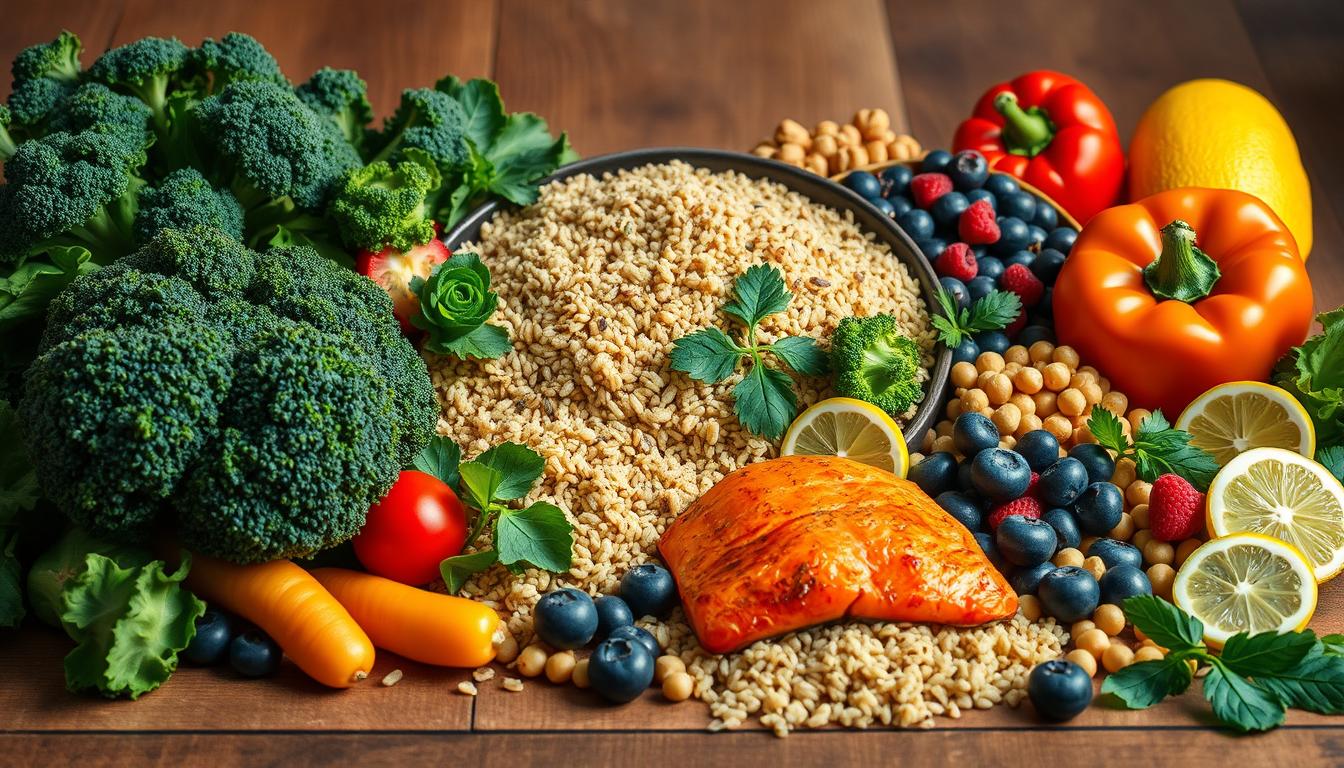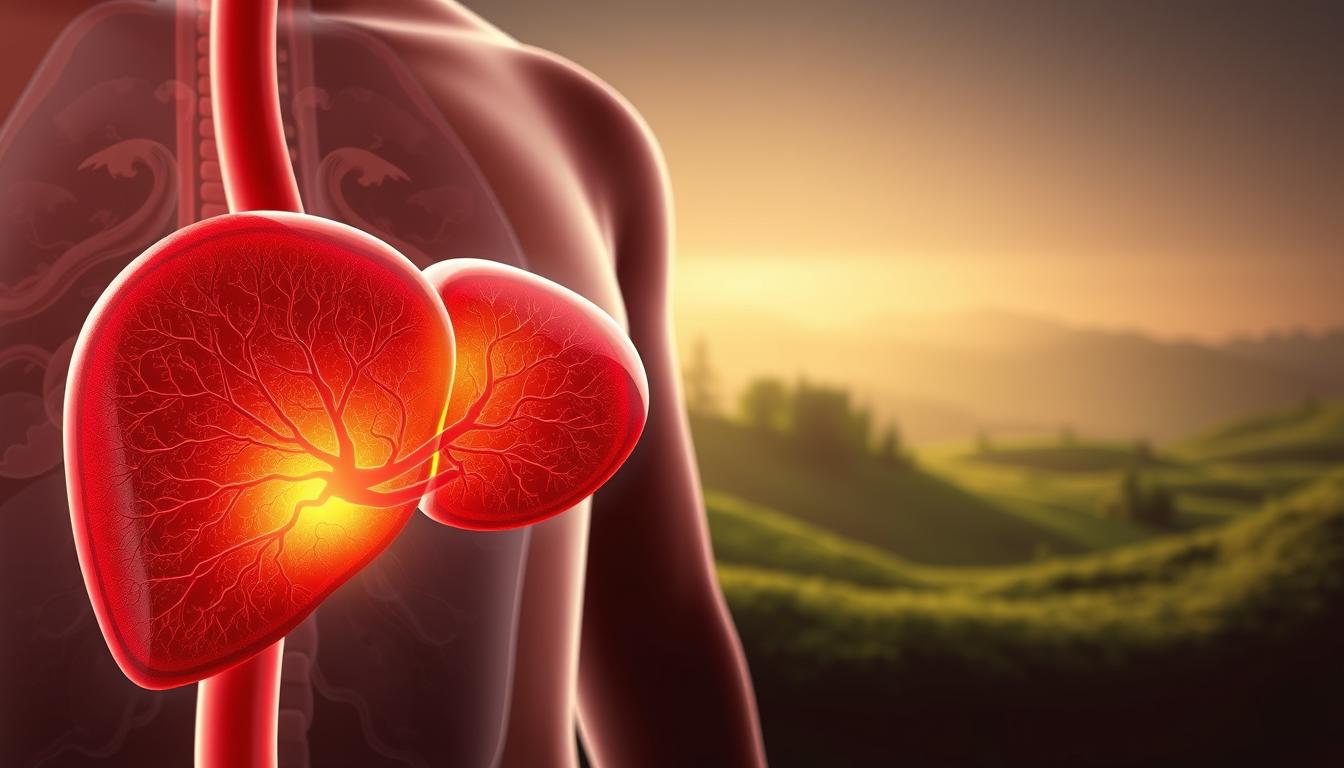Excessive alcohol consumption can lead to liver damage, a condition affecting millions worldwide. The liver’s ability to regenerate is remarkable, but it requires the right…
Liver Health for Alcohol Recovery
Heal Your Liver After Quitting Alcohol: Tips & Strategies
When an individual stops consuming alcohol, their liver begins the process of recovery. Liver health post alcohol cessation is crucial, as the liver plays a…

